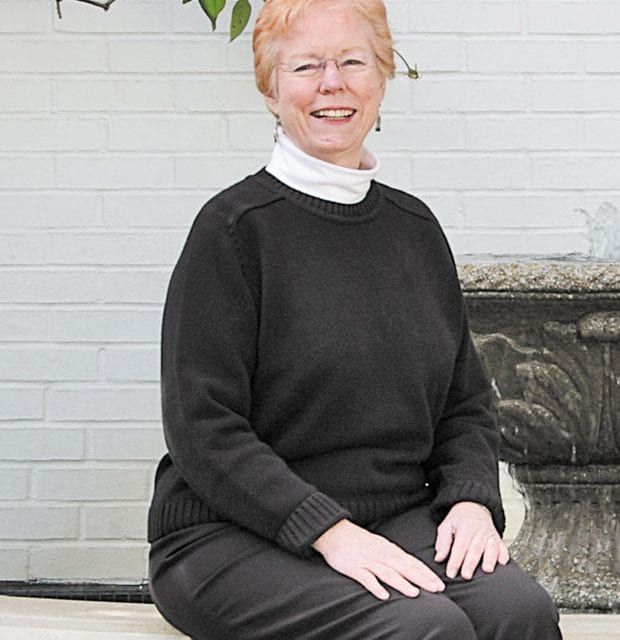DAVID TAFFET | Senior Staff Writer
Ed-U-Care isn’t a health service provider. Instead, it provides education for health service providers.
Founder and CEO Sharyn Fein said she started the organization because she cares about caregivers, especially caregivers for those in marginalized communities. As a former healthcare provider herself, she understands not all health professionals know how to provide service that’s culturally sensitive. Among her biggest concerns is caring for LGBT elderly.
“Our goal is to keep people out of the closet and safe while aging gracefully with compassion and understanding in our hospitals, rehabs, doctors’ offices, senior living communities,” Fein said.
She noted that most healthcare companies would say they’re welcoming. The question is, though, do they really understand what that means? Too often, she suggested, it means they have beds to fill and they welcome anyone to fill those beds.
“How do we say we’re welcoming when we don’t know how to be welcoming,” Fein asked, adding that she’s concerned with the patient who isn’t comfortable coming out, and that she discusses with caregivers the issues that come up with people who remain closeted.
Ed-U-Care board member Viv Armstrong said those issues may be even more concerning with caregivers helping an elderly trans person. What if the outward expression doesn’t match the body? A compassionate caregiver would not just treat the person, but treat them with dignity.
Armstrong said discrimination in a nursing facility might be subtle. An LGBT resident might be fed three times a day and given basic care, she said. “But if you’re at the end of the hall and no one comes to answer your light, that’s neglect.”
 When Fein does presentations to larger companies, she knows among the audience are those who object to her presentation on religious grounds. She doesn’t try to convince them to see things her way; she’s more interested in working with those who are there for the opportunity to learn.
When Fein does presentations to larger companies, she knows among the audience are those who object to her presentation on religious grounds. She doesn’t try to convince them to see things her way; she’s more interested in working with those who are there for the opportunity to learn.Those who want to offer LGBT-sensitive care ask a variety of questions, including: What do we do to make a difference? How do we start? How do we know who’s gay? How do we have the conversation?
“Ask what terms to use,” Armstrong suggested, such as using “husband” to refer to a gay man’s spouse, if that’s what he prefers.
But some elderly patients might not be forthcoming, so as a relationship grows between caregiver and patient, ask about their lives and relationships.
“Look for an opening,” Armstrong said.
Fein added that language is especially important for trans residents and patients. Using correct pronouns lets trans people know they’re respected.
Programming is part of a successful outreach to LGBT residents and patients.
Fein suggested a care facility might arrange outings of interest to LGBT residents — a trip to Gay Bingo, a game night arranged with LGBT residents from other facilities at a central location.
“Have Dallas Voice available at facilities for LGBT residents,” Fein suggested.
Not only does this reach out to LGBT elders, but by connecting them to their community, keeps them healthier longer.
And keeping people happy and healthy longer should be the goal of any caregiver for the elderly.
This article appeared in the Dallas Voice print edition July 10, 2015.


